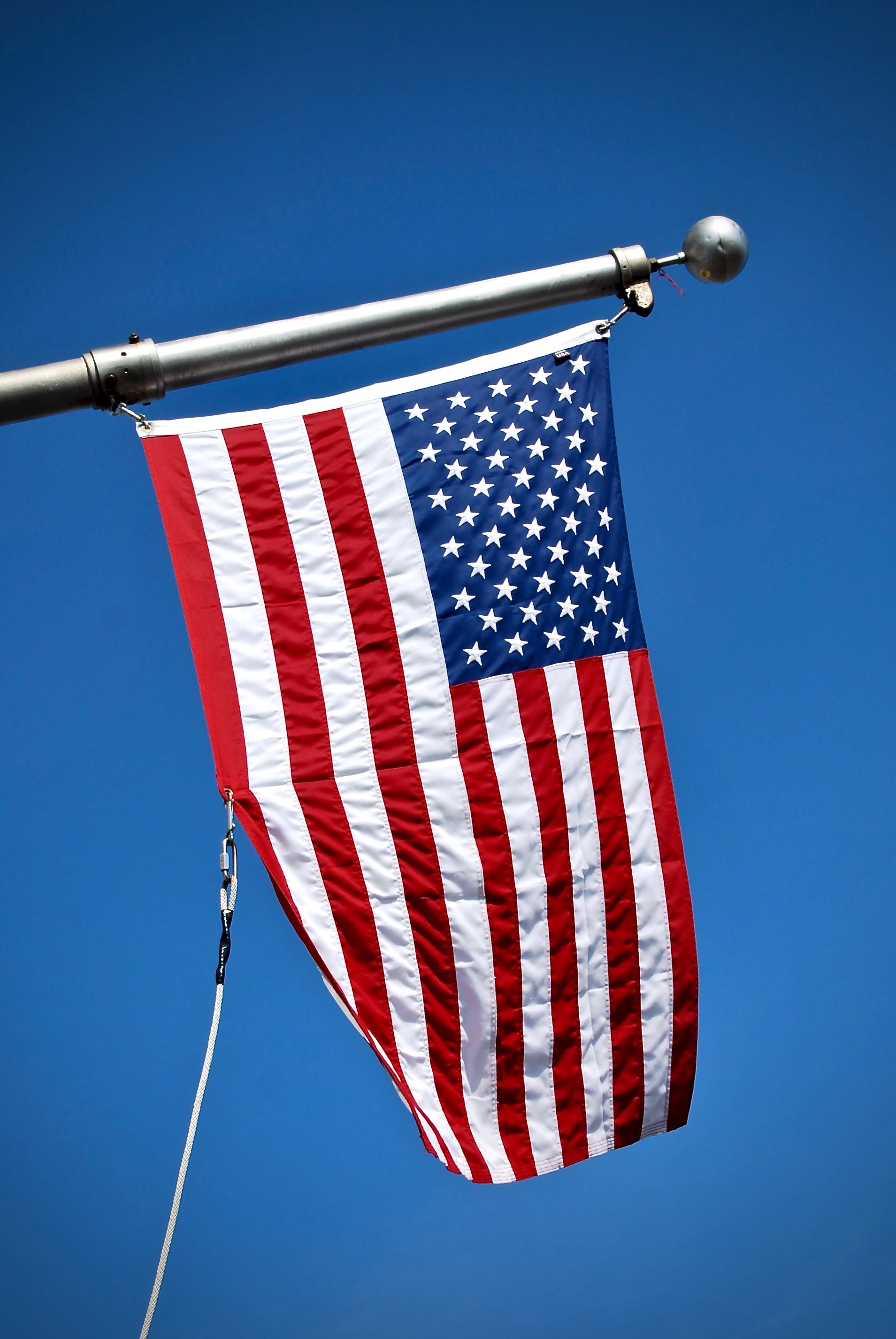The GAO plans to hold the VA accountable for reforming sexual harassment policies.
Survey data collected by the Government Accountability Office (GAO) suggests an estimated 1 in 4 employees at the Department of Veterans Affairs (VA) have been subjected to unwanted sexual comments and other harassment and the Trump administration policies and procedures have done little to support them. Lawmakers heard the VA express “a commitment to changing the culture to make the department more welcoming to women” at a House hearing, but these could take until 2024 to fully implement.
“The VA is not the same VA as four years ago,” insisted acting VA deputy secretary Pam Powers who said “the VA has made improvements to be more welcoming” and this was “reflected in a recent internal employee poll.” However, the GAO audit found, “The agency has outdated training and policies, a leadership structure that creates conflicts of interest in reviewing harassment complaints, and gaps in reporting complaints to VA headquarters in Washington.” Its findings suggest the agency’s sexual harassment procedures are both “incomplete” and “inconsistent.”
Powers added, “Some changes won’t start until 2024, in part because every hour we spend takes away from patient care. It’s an ongoing process, and we’ve certainly addressed a lot. We have a very targeted effort.” She cited budget issues as another concern that could stall continued reform.

Rep. Chris Pappas, head of the House Veterans Affairs oversight panel, said he will introduce legislation to speed up the process, stating, “Clearly Congress has a role to play. The Department of Veterans Affairs is simply moving too slowly.”
The GAO pulled data for its report from a Merit Systems Protection Board survey and found “22% of VA employees experienced sexual harassment between 2014 and 2016, compared to an estimated 14% of federal employees across agencies. About 1 in 3 VA employees said they witnessed an act of sexual harassment. Overall, an estimated 26% of female and 14% of male VA employees experienced harassment during the two-year period.” The research also found, “158 sexual harassment cases were filed through VA’s formal process in 2016, 168 in 2017, and 225 in 2018.’ In 2019, this number dropped slightly to 180 cases.
Rep. Ann Kuster, D-N.H., called it “frustrating to see so little change and persistent, pervasive bias at the VA…I can’t help but feel that this is partly due to the leadership at the top of this country – not having respect for members of the military, but most importantly for women serving our country.”
Rep. Jack Bergman of Michigan, the top panel Republican, added he found it “appalling that a sexual harassment complaint made by a VA employee takes about 1,100 days to process, according to VA figures. Three years to process a complaint does not inspire confidence that the system is working efficiently or effectively.”
A previous study released by the VA in 2019 (from which it began to make changes) showed “1 in 4 women veterans using VA health care reported inappropriate comments by male veterans on VA ground.” In February of this year, the VA inspector general office said it would examine internal procedures in the case concerning Secretary Robert Wilkie, who allegedly “sought damaging information about veteran and congressional adviser Andrea Goldstein after she reported being sexually assaulted at a VA hospital.” This investigation is still open.
“We are out of time, and we need corrective action now,” Rep. Julia Brownley, D-Calif., drilled home.
Sources:
Nearly 1 in 4 VA employees report sex harassment, audit says


Join the conversation!